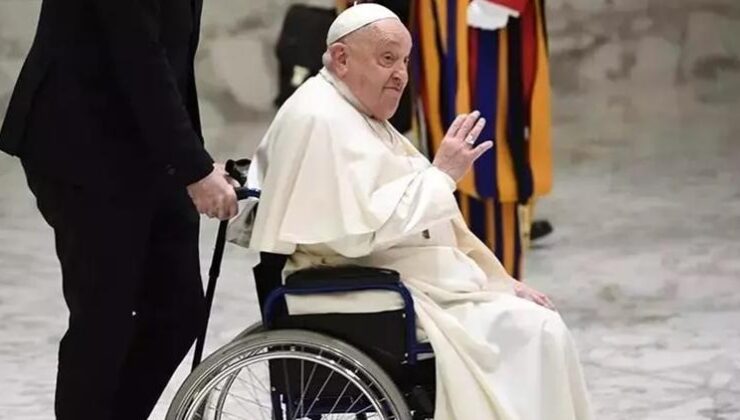

Breaking News: The Vatican has announced the passing of Pope Francis, the esteemed spiritual leader of the Catholic Church. In a heartfelt statement shared via the Vatican’s Telegram channel, Cardinal Kevin Farrell expressed, “Earlier this morning, Pope Francis returned to the Father’s house.” This marks a profound moment for the global Catholic community.
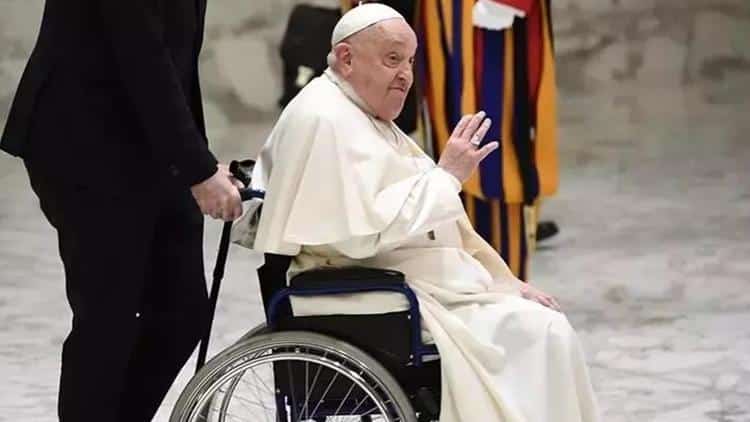
Pope Francis, born as Jorge Mario Bergoglio on December 17, 1936, in Buenos Aires, Argentina, served as the head of the Vatican City State and the spiritual leader of over 1.2 billion Catholics worldwide. His papacy began on March 13, 2013, when white smoke from the Sistine Chapel’s chimney signaled his election among 115 cardinals after a swift two-day conclave.
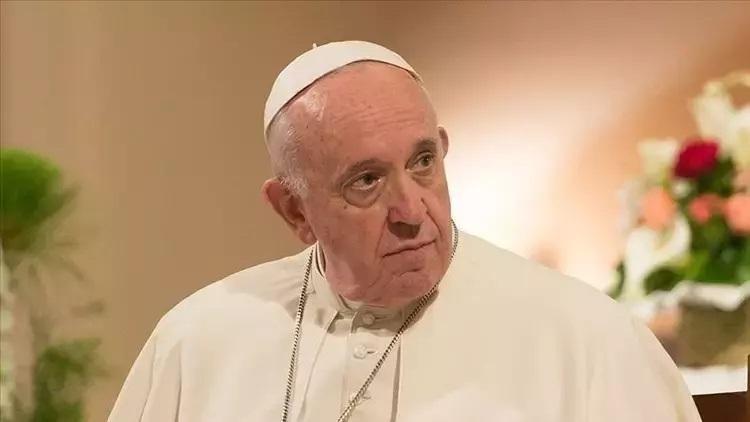
His Historic Election: As the 266th pontiff, Pope Francis broke new ground as the first pope from the Americas and the Southern Hemisphere, reflecting a significant shift in the church’s history and outreach.
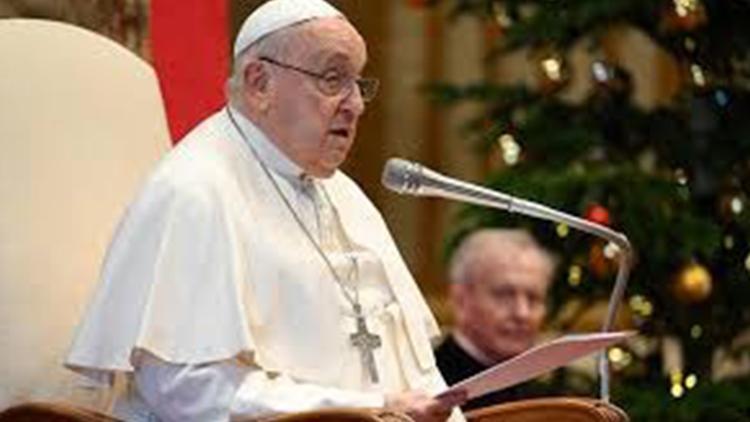
Educational and Clerical Journey: Initially trained in chemistry, Bergoglio joined the Jesuit order in 1958. After completing humanities studies in Chile, he returned to Buenos Aires, where he pursued philosophy at the Colegio Máximo San José in San Miguel in 1960. By 1970, he had completed his theological studies, and in 1969, he was ordained as a priest, later becoming a theology professor at the same institution. His academic journey took him to Spain for further studies and back to Argentina, where he served as a master of novices and rector at the San Miguel Higher School.
The Lateran Treaty: Established on February 11, 1929, this treaty with Italy cemented the Vatican City State’s independence, delineating the sovereignty shared with Italy.
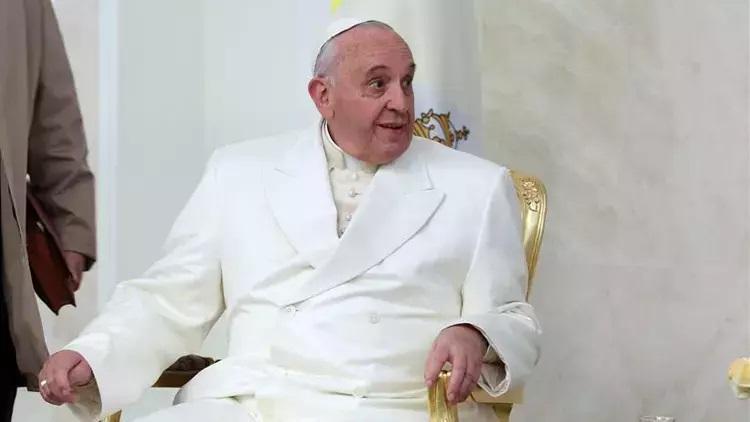
The Vatican operates as a theocratic state with no electoral processes for general or local governance. The Pope serves as both the Head of State of the Vatican and the spiritual leader of the global Catholic community. Administrative duties fall under the purview of the Secretariat of State, encompassing roles akin to a Prime Minister and various ministers overseeing internal, foreign, and ecclesiastical affairs.
In extraordinary circumstances, such as a papal resignation or death, a conclave of cardinals under the age of 80 convenes to elect a new pope from among their ranks. This was the process that led to Cardinal Jorge Mario Bergoglio’s election, following Pope Benedict XVI’s resignation, ushering in a new era under the name Pope Francis (Franciscus).
ENGLİSH
7 gün önceSİGORTA
7 gün önceSİGORTA
7 gün önceSİGORTA
11 gün önceSİGORTA
12 gün önceSİGORTA
12 gün önceDÜNYA
21 gün önce 1
Elon Musk’s Father: “Admiring Putin is Only Natural”
11634 kez okundu
1
Elon Musk’s Father: “Admiring Putin is Only Natural”
11634 kez okundu
 2
7 Essential Foods for Optimal Brain Health
11455 kez okundu
2
7 Essential Foods for Optimal Brain Health
11455 kez okundu
 3
xAI’s Grok Chatbot Introduces Memory Feature to Rival ChatGPT and Google Gemini
10867 kez okundu
3
xAI’s Grok Chatbot Introduces Memory Feature to Rival ChatGPT and Google Gemini
10867 kez okundu
 4
Minnesota’s Proposed Lifeline Auto Insurance Program
9556 kez okundu
4
Minnesota’s Proposed Lifeline Auto Insurance Program
9556 kez okundu
 5
Introducing Vivo Y300 Pro+: A Blend of Power and Affordability
7489 kez okundu
5
Introducing Vivo Y300 Pro+: A Blend of Power and Affordability
7489 kez okundu
Veri politikasındaki amaçlarla sınırlı ve mevzuata uygun şekilde çerez konumlandırmaktayız. Detaylar için veri politikamızı inceleyebilirsiniz.